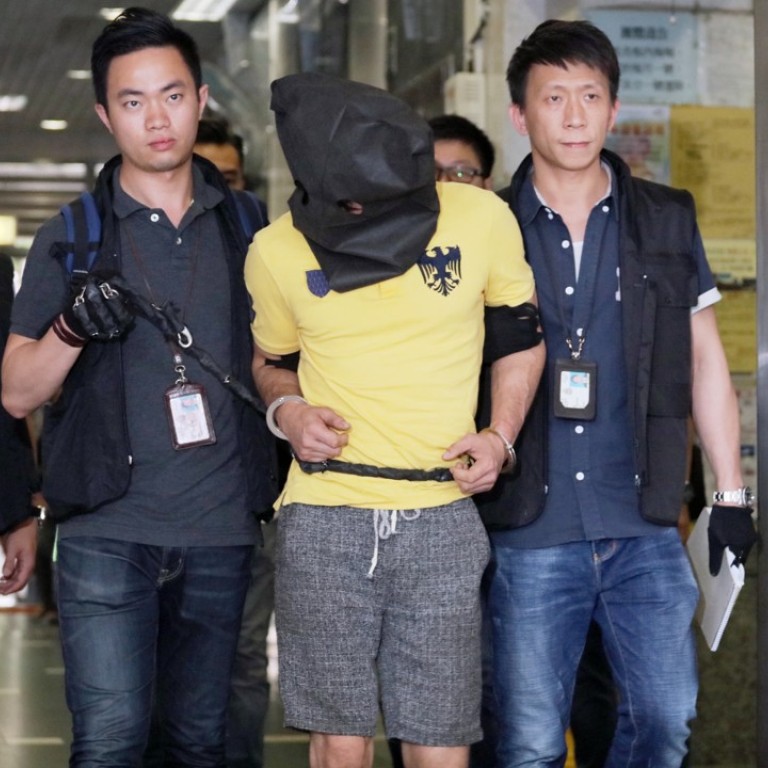
Cell suicides call for better surveillance
- In the wake of a suspect who hanged himself, a coroner said police patrols to check on prisoners were inadequate and a jury made 11 recommendations to prevent a repetition
Sudden death is not uncommon in the general population. But it is only to be expected that every instance in the isolation of a police or jail cell is likely to attract scrutiny, especially if the circumstances raise questions. In the case of 48-year-old Lam Wing-chun, who hanged himself in a police cell last year after being arrested in a rape and robbery case, this newspaper commented at the time that it was baffling Lam could have taken his own life, given the standard procedures to check on the welfare of detainees such as continuous supervision.
An explanation emerged in court this week, when a coroner said patrols to check on prisoners were inadequate. Surveillance footage revealed that numerous officers had failed to look in on Lam’s cell, even though a logbook recorded their visits. As a result Coroner Ko Wai-hung ordered a probe into the possible forgery of documents.
Five jurors who concluded that Lam had committed suicide at Sau Mau Ping police station also delivered 11 recommendations to prevent a repetition. These included monitoring detainees’ vital signs with tracking wristbands, training police in first aid and improving surveillance to include sound and visuals within detention cells.
Ko also referred to the case of a 44-year-old sexual assault suspect who hanged himself with clothes and blankets at North Point police station last year, prompting officers to review management and to introduce an electronic system to record patrols. “Two similar incidents within a year reflects an inadequacy in police patrols,” Ko said, adding rightly: “I think that is not acceptable.”
Footage played in court appeared to show Lam getting a cable from a computer outside his cell, without any supervision. One officer said he was absent with a stomach ache, another had a headache, while a third said he received a response when he called out Lam’s name. A committee set up after Lam’s death recommended an e-cell check and alarm system as well as an electronic tracking system. It is good that by September these had been introduced at three of the city’s 33 police stations with detention cells – Wan Chai, Hung Hom and Sau Mau Ping.
Police need to reflect on these tragedies and strive for the full introduction of improved surveillance measures.

